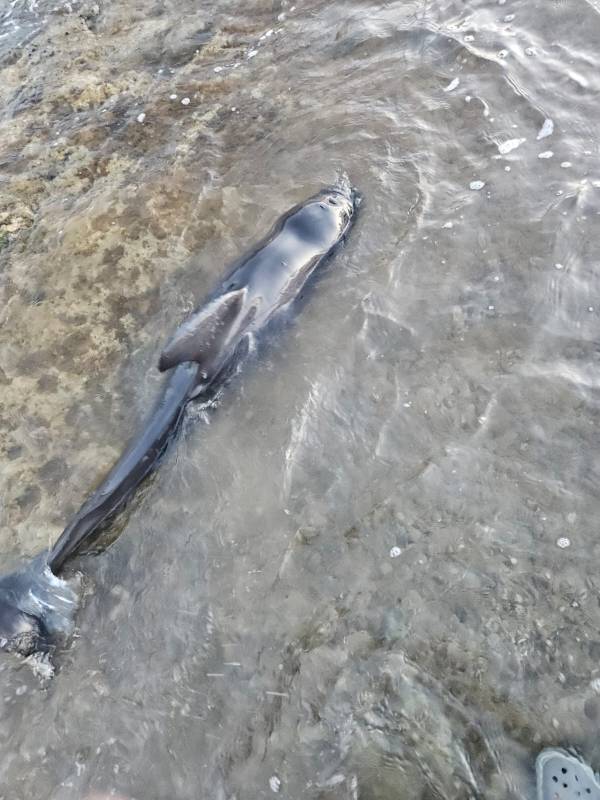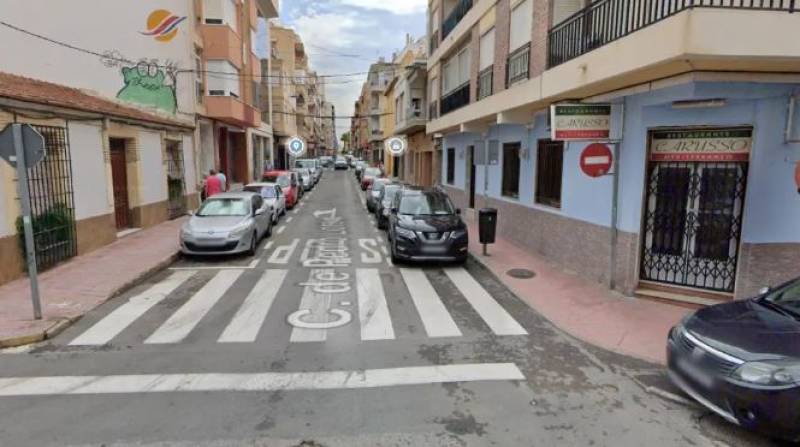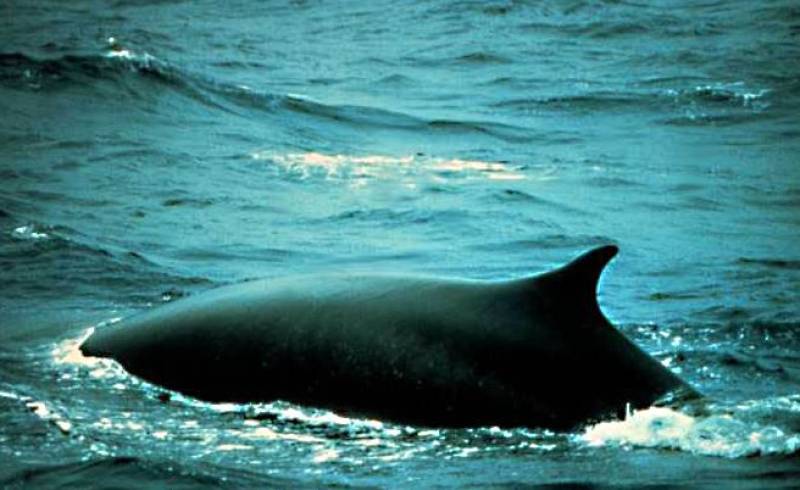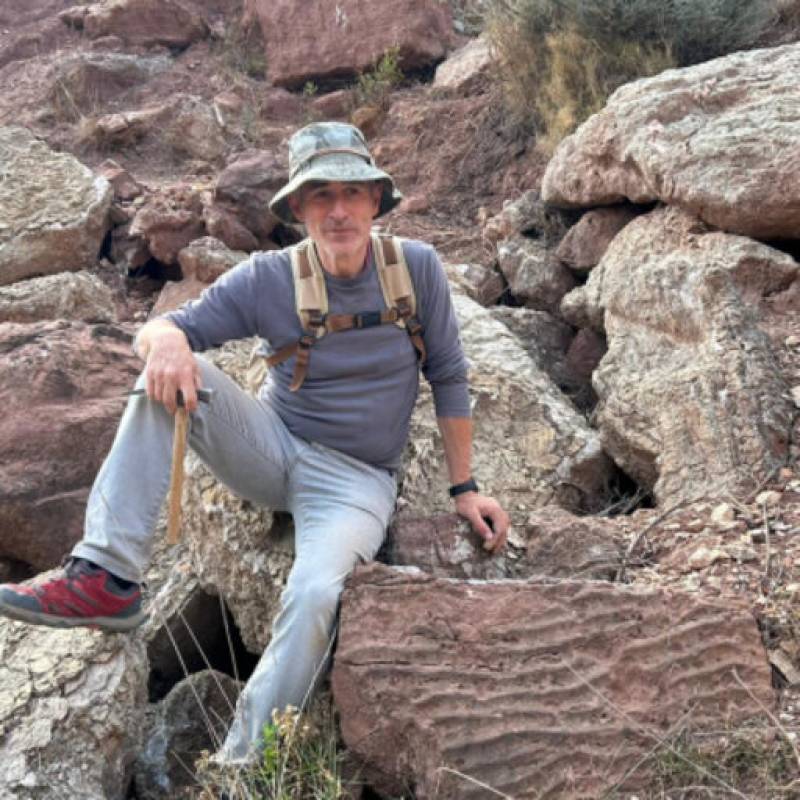- Region
- Águilas
- Alhama de Murcia
- Jumilla
- Lorca
- Los Alcázares
- Mazarrón
- San Javier
-
ALL AREAS & TOWNS
- AREAS
- SOUTH WEST
- MAR MENOR
- MURCIA CITY & CENTRAL
- NORTH & NORTH WEST
- TOWNS
- Abanilla
- Abarán
- Aguilas
- Alamillo
- Alcantarilla
- Aledo
- Alhama de Murcia
- Archena
- Balsicas
- Blanca
- Bolnuevo
- Bullas
- Cañadas del Romero
- Cabo de Palos
- Calasparra
- Camping Bolnuevo
- Campo De Ricote
- Camposol
- Canada De La Lena
- Caravaca de la Cruz
- Cartagena
- Cehegin
- Ceuti
- Cieza
- Condado de Alhama
- Corvera
- Costa Cálida
- Cuevas De Almanzora
- Cuevas de Reyllo
- El Carmoli
- El Mojon
- El Molino (Puerto Lumbreras)
- El Pareton / Cantareros
- El Raso
- El Valle Golf Resort
- Fortuna
- Fuente Alamo
- Hacienda del Alamo Golf Resort
- Hacienda Riquelme Golf Resort
- Isla Plana
- Islas Menores & Mar de Cristal
- Jumilla
- La Azohia
- La Charca
- La Manga Club
- La Manga del Mar Menor
- La Pinilla
- La Puebla
- La Torre
- La Torre Golf Resort
- La Unión
- Las Palas
- Las Ramblas
- Las Ramblas Golf
- Las Torres de Cotillas
- Leiva
- Librilla
- Lo Pagan
- Lo Santiago
- Lorca
- Lorquí
- Los Alcázares
- Los Balcones
- Los Belones
- Los Canovas
- Los Nietos
- Los Perez (Tallante)
- Los Urrutias
- Los Ventorrillos
- Mar De Cristal
- Mar Menor
- Mar Menor Golf Resort
- Mazarrón
- Mazarrón Country Club
- Molina de Segura
- Moratalla
- Mula
- Murcia City
- Murcia Property
- Pareton
- Peraleja Golf Resort
- Perin
- Pilar de la Horadada
- Pinar de Campoverde
- Pinoso
- Playa Honda
- Playa Honda / Playa Paraíso
- Pliego
- Portmán
- Pozo Estrecho
- Puerto de Mazarrón
- Puerto Lumbreras
- Puntas De Calnegre
- Region of Murcia
- Ricote
- Roda Golf Resort
- Roldan
- Roldan and Lo Ferro
- San Javier
- San Pedro del Pinatar
- Santiago de la Ribera
- Sierra Espuña
- Sucina
- Tallante
- Terrazas de la Torre Golf Resort
- Torre Pacheco
- Totana
- What's On Weekly Bulletin
- Yecla


- EDITIONS:
 Spanish News Today
Spanish News Today
 Alicante Today
Alicante Today
 Andalucia Today
Andalucia Today
Race to rescue Costa Blanca beached whale fails to save its life
Young pilot whale was found on the rocks in Torrevieja on Sunday morning

A race against the clock was unable to save the life of a young pilot whale that was beached in Torrevieja on Sunday.
The calf was first spotted by a worker for the beach sunbeds concessionary company, according to the town hall biologist, Juan Antonio Pujol.
Measuring about a metre in length, it was alive but trapped where the waves break onto the rocks near the San Roque neighbourhood, south of Playa de los Náufragos.
As soon as he called the “112” emergency number, the protocol was launched for the beaching network of the Valencian Community.
The biologist from the council’s environment department was put in charge and the local police environmental unit, the beaches department and the beaches cleaning service all lent a hand.
The animal was put into a special tank made for cases just like this one, and moved indoors to a municipal building so that it would not be distressed by crowds of people or suffer any more from sunstroke, as it had been while it was on the rocks.
It was kept hydrated and under guard until a team of vets sent from the Oceanographic centre in Valencia arrived to take charge of it.
All this took place within an hour and a half of the 112 call but sadly the calf died while they were taking it back to the Oceanographic for specialised attention.
Beachings such as this occur when whales are already in a weakened state, and a necropsy will be carried out to determine the cause of death.
Pilot whales are known as “calderónes” in Spanish, after the distinctive, bulbous cauldron-shaped protrusion from the top of their heads.
These toothed cetaceans are often born larger than the one that was found, so it must have been very young, and they can grow up to between 3.8 and 6 metres long.
They are jet black apart from a white underbelly in the shape of a “W” or a heart, and have a rounded dorsal fin, according to the Ministry for the Ecological Transition.
Pilot whales are usually found far from the coast in groups of 10-100, but are occasionally seen near the coast.
They are particularly sociable, often swimming up to stationary boats, and they are nocturnal, so can be seen in the daytime near the surface of the water moving very slowly, but they can swim very quickly.
They are very family-oriented, and the calves are protected by their mothers or other females, and watched closely by the large males.
Image: Crónicas Naturales de Torrevieja
See more news about animals in Spain:
OR
Sign up for the Spanish News Today Editors Roundup Weekly Bulletin to get a comprehensive email with all the week’s news for Spain, Murcia, Alicante and Andalucía.
Get a sneak peek – here are a few of our recent Subscription Bulletins:
Discount Special Offer subscription:
36.95€ for 48 Editor’s Weekly News Roundup bulletins!
Please CLICK THE BUTTON to subscribe.































